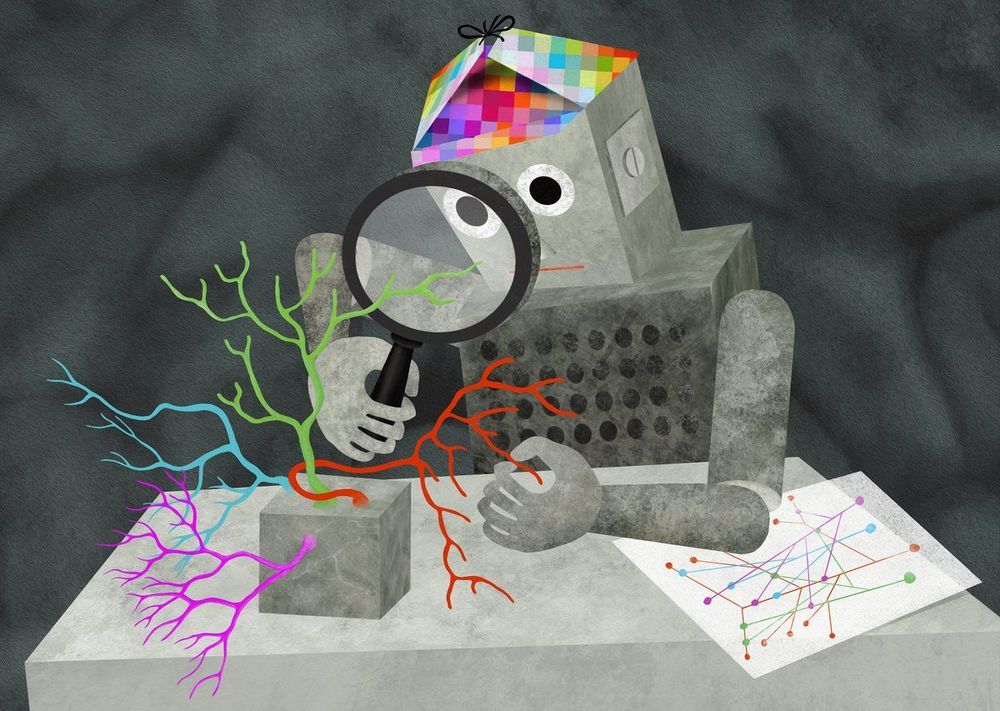Is it possible to understand the brain? Science is still far from answering this question. However, since researchers have started training artificial intelligence on neurobiological analyses, it seems at least possible to reconstruct the cellular structure of a brain. New artificial neural networks developed by the Max Planck Institute of Neurobiology and Google AI can now even recognize and classify nerve cells independently based on their appearance.
The human brain consists of about 86 billion nerve cells and about as many glial cells. In addition, there are about 100 trillion connections between the nerve cells alone. While mapping all the connections of a human brain remains out of reach, scientists have started to address the problem on a smaller scale. Through the development of serial block-face scanning electron microscopy, all cells and connections of a particular brain area can now be automatically surveyed and displayed in a three-dimensional image.
“It can take several months to survey a 0.3 mm piece of brain under an electron microscope,” says Philipp Schubert, doctoral student in Winfried Denk’s Department at the Max Planck Institute of Neurobiology. “Depending on the size of the brain, this seems like a lot of time for a tiny piece. But even this contains thousands of cells.” Such a data set would also require almost 100 terabytes of storage space. However, it is not the collection and storage but rather the data analysis that is the difficult part.
